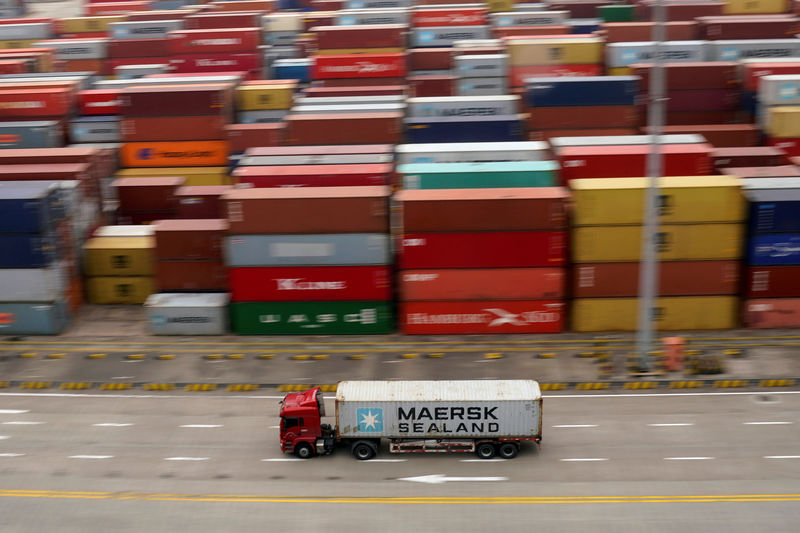(Bloomberg) -- The global economy is suffering more than expected from trade tensions and political uncertainty which are clouding prospects particularly in Europe, according to a gloomy report from the OECD.
Since the organization last downgraded many of its forecasts in November, little has gone right for the world’s biggest economies. Weakness in the euro area and China are proving more persistent, trade growth has slowed sharply and uncertainty over Brexit has continued.
If anything, things could get worse as risks pile up, including further trade barriers, a disorderly U.K. withdrawal from the EU or financial vulnerabilities from elevated debt. Italy’s economy may see its first full-year contraction since 2013.
“The global expansion continues to lose momentum,’’ the Paris-based Organization for Economic Cooperation and Development said as it downgraded almost every Group of 20 nation’s economy. “Growth outcomes could be weaker still if downside risks materialize or interact.”
The Stoxx Europe 600 index was down 0.1 percent after the report was released, while the euro was little changed at $1.13.
Central banks including the Federal Reserve have already responded to the changed circumstances, and the European Central Bank may soon follow. China, forced to lower its goal for economic growth this week, has rolled out tax cuts to stimulate its economy.
The OECD outlook goes against hopes that sources of weakness at the end of 2018, including lower confidence, would prove temporary. That creates a headache for policy makers who may now need to find more combative solutions with limited room for maneuver on the fiscal and monetary side.
The situation is particularly acute in the euro area, where the OECD cut its growth outlook for this year to 1 percent from 1.8 percent. ECB policy makers are meeting in Frankfurt this week, and the OECD said they should signal a delay to any rate hikes and possibly implement new measures to improve funding for banks. Both measures are expected to be discussed in Frankfurt on Thursday.
Europe took the brunt of the downgrades. While the U.S. outlook was lowered slightly, the U.K.’s 2019 forecast was cut to 0.8 percent from 1.4 percent, and Germany’s to 0.7 percent from 1.6 percent.
The OECD also singled out Brexit as one of the persistent threats. If the U.K. doesn’t secure a deal, it sees a risk of a near-term recession, with “sizeable negative spillovers” on other countries.
China is another concern, and a sharper slowdown there would have “significant adverse consequences for global growth and trade.’’ The OECD report was prepared before China announced its new growth target range of 6 percent to 6.5 percent. The OECD expects expansion to slow to 6 percent next year from 6.2 percent in 2019.
(Updates with markets in 5th paragraph.)
